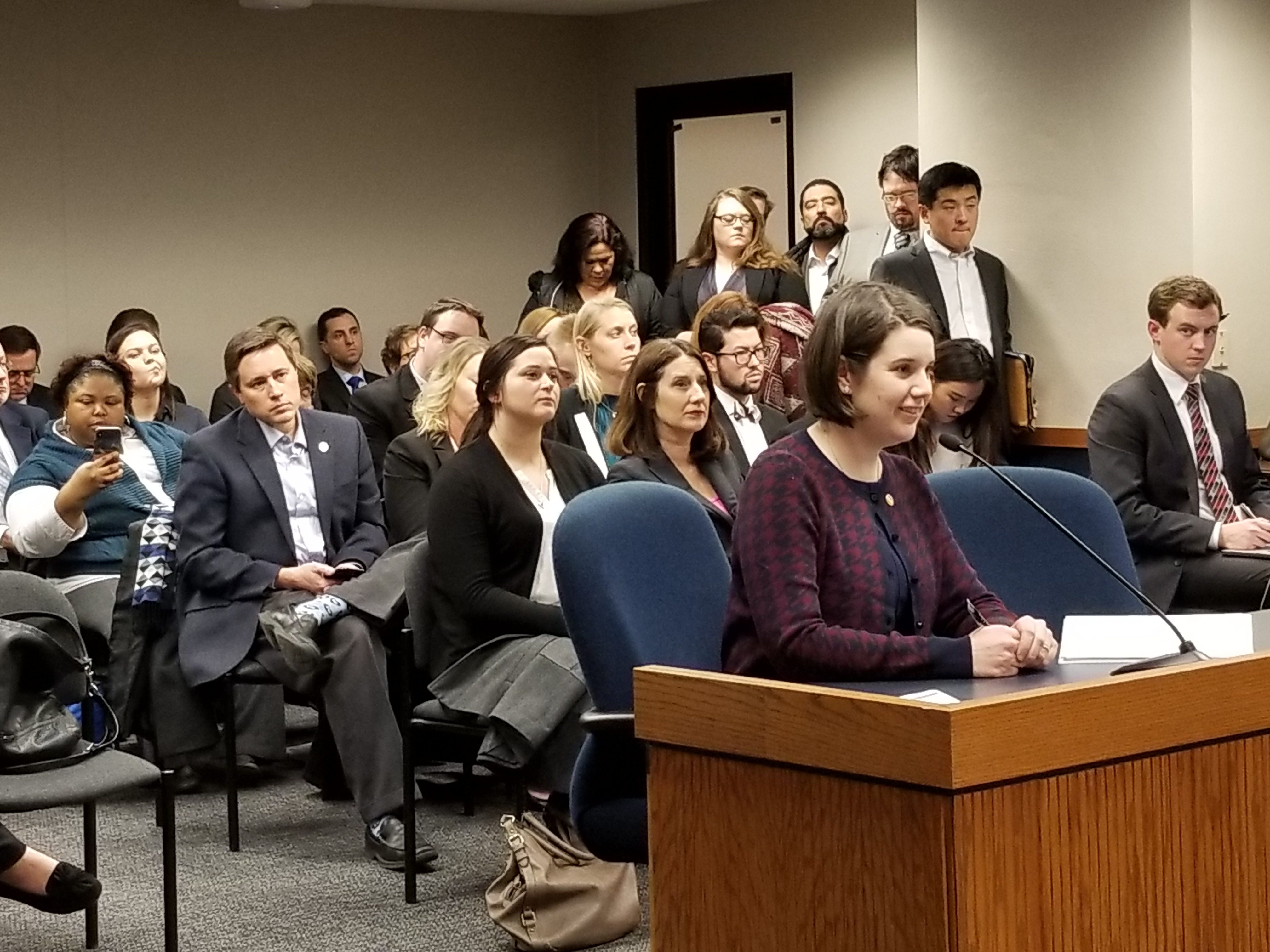A proposal to put a nursery in Missouri’s prisons has gone in front of a House committee.

Bills filed by Representatives Bruce DeGroot (R-Ellisville) and Curtis Trent (R-Springfield) would let incarcerated women who meet certain conditions live with infants for up to 18 months.
The House Judiciary Committee heard that the program has been used in numerous other states, in some cases for decades. In those cases it has led to better outcomes for mothers and children and reduced recidivism among mothers. These and other factors have also saved money for those states.
Trent said in New York, more than 74-percent of women who left prison with their infants were still living at home with those children after 3 years, “which I think shows pretty readily that they haven’t [gone back to prison] at that point. They have maintained those family ties, and you see an improved outcome with all that.”
He said under the proposal, potential participants in the program would first be screened.
The committee heard from Maggie Burke, who was a warden at a prison with a nursery, in Illinois. She assured the committee that these programs do work, and that Missouri should adopt one.
“You walk into any [prison], I’ve been in dozens of state facilities, and there is always a facility culture, and what you’ll see in every facility that has babies, you’ll see the culture is just different,” said Burke. “When you have babies in a facility it kind of lowers everybody’s anxiety.”
Representatives of the Department of Corrections told the committee that in anticipation of this proposal, they traveled recently to Indiana and viewed a prison nursery program there. They said they came away with ideas that could be utilized in Missouri, and suggestions for tweaks to the legislation filed by DeGroot and Trent.

Representative Mary Elizabeth Coleman (R-Arnold) thanked the Department for working on this and said she sees it as a continuation of previous legislative efforts.
“Briefly I wanted to thank you both very much for your openness to this program and for leading the charge on the anti-shackling [of pregnant women] legislation four years ago,” said Coleman. “Thank you so much for your willingness to look at this, and thank you for your other work that you’ve been doing on human dignity.”
Liberty Democrat Mark Ellebracht said, “This is more of a comprehensive approach to taking a pro-life philosophy to folks in Missouri. It’s pro-mother, it’s pro-infant, it’s pro keeping families together.”
Lawmakers heard that in other states, prison nurseries are supported largely by donations from private groups, and the same is considered likely to happen in Missouri. Burke said Illinois’ program was funded without any state dollars.
The bills propose that the nursery would be regulated by the Department of Corrections, though it could hand some responsibility to the Department of Health and Senior Services.
DeGroot wasn’t able to be at the hearing, which focused on his bill.
The committee has not voted on the legislation.





